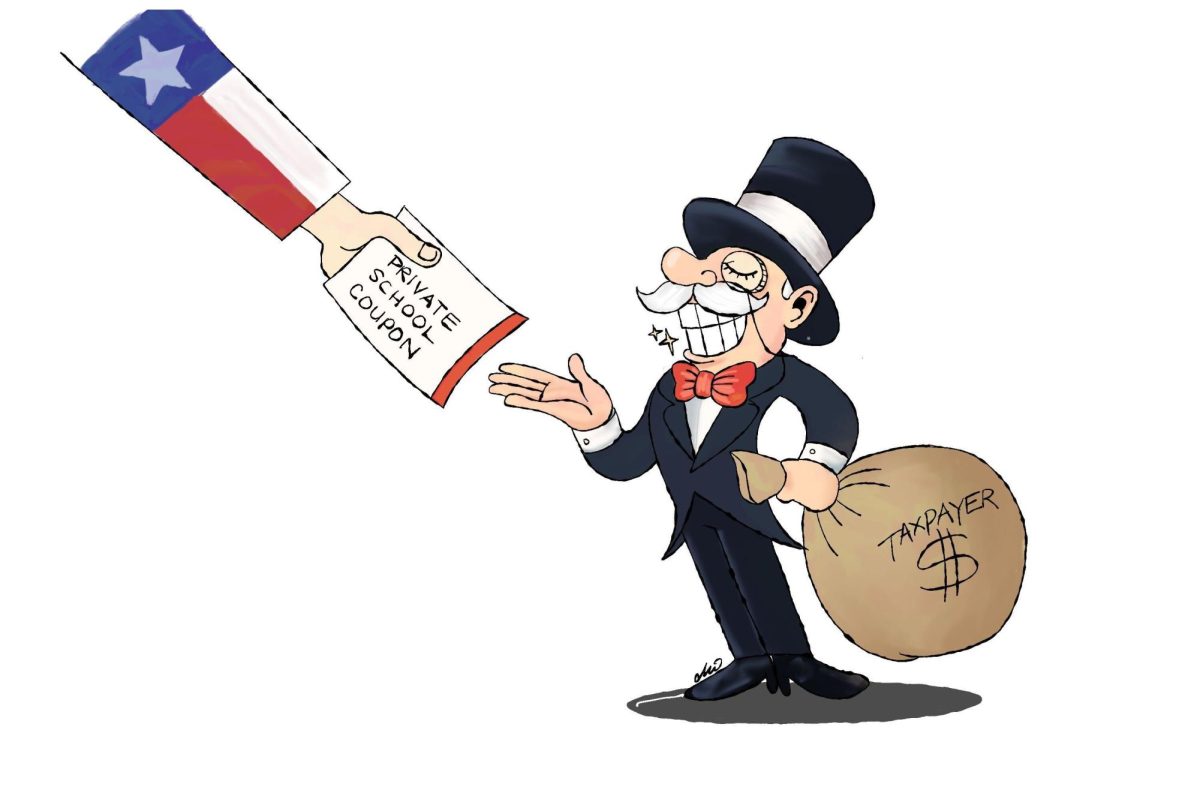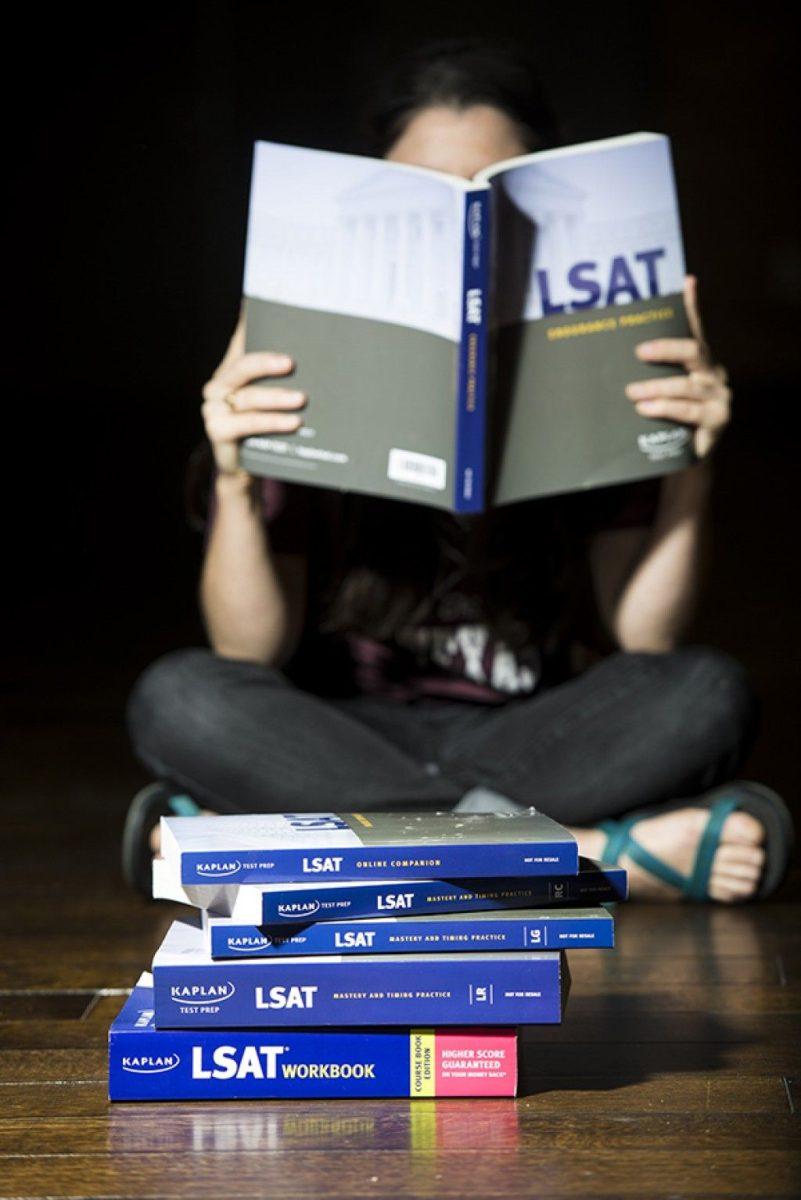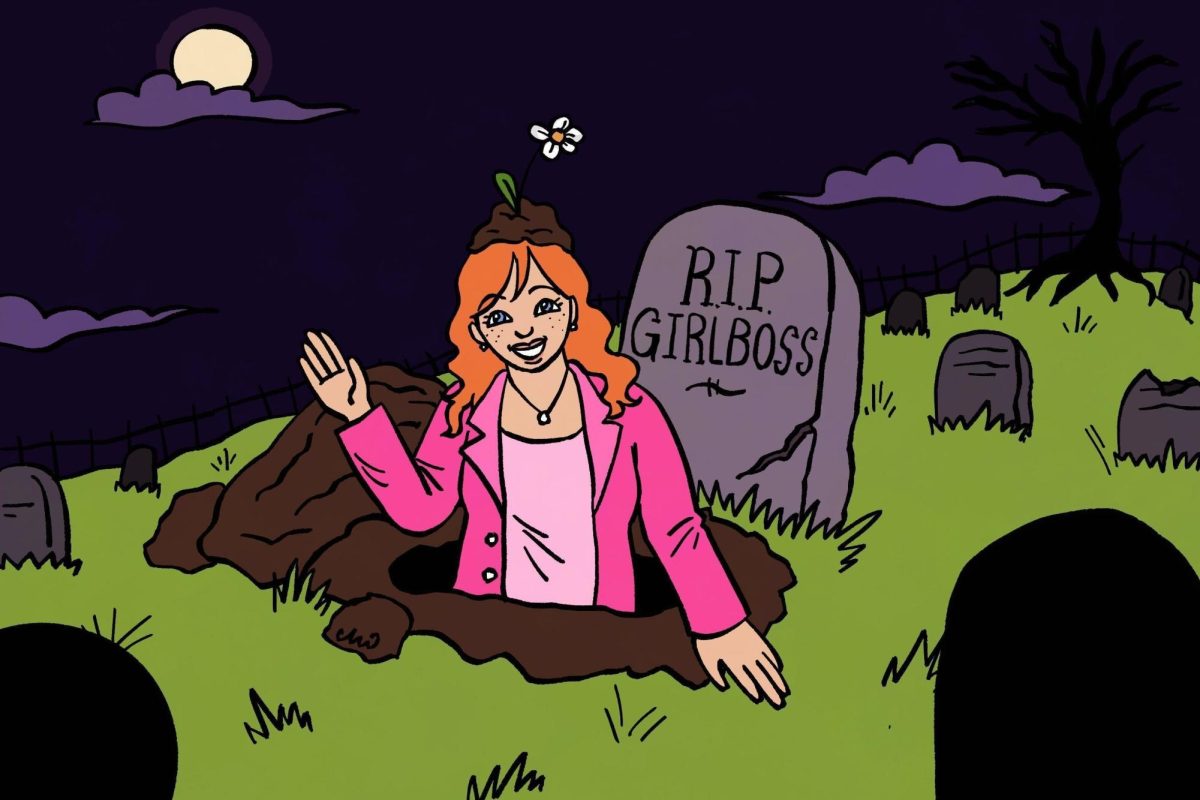Recently, a large cheating scandal was uncovered at Texas A&M University. During finals, students in a 400-level finance course were sent an email giving them the chance to come forward by Dec. 8 or potentially face suspension or expulsion. We’re not the only ones. All around the country, we’ve seen increases in cheating cases through posted answers on homework helper websites, like Chegg.
Why do students cheat? Could it be laziness or dishonesty that drives so many to put their academic careers on the line? I think a better explanation is that the current ways many of us deal with education is a struggle. Simply put, it’s boring.
For many, college is just a grind of review, regurgitate and repeat. Most students are completely dissatisfied by the cookie-cutter course load. My peers and I would rather be doing almost anything other than drudging through piles of homework and notes, especially as members of the generation of instant gratification. I know experiences may vary, but this has always been the case for me. Even if you come from a mindset that students should pull themselves up by their bootstraps, being able to enjoy and be engaged in your studies greatly improves learning.
The solution is to diversify learning methods and make education more interactive and practical. At their core, teachers are performance artists. They have to entertain and engage their audience to truly do their jobs right. Look back at your favorite teachers and professors and I’m sure you’ll find some of the best had a special kind of charisma (and maybe showmanship) when explaining new concepts. Perhaps giving teachers greater control over how they teach would result in better methods and results.
Throughout high school, I was in the Vet Science Career Development Event for the Future Farmers of America, proof that I’ve always been a lover of all things Ag, through and through. One important part of the CDE competition was practicums. We would practice and perform procedures professional veterinarians use in their day-to-day careers, as long as you count locating the arteries of stuffed animals and injecting them with water. I was by far the worst on my team, but I still saw the value this learning style would have for many people. Practicum-based learning would be a more practical, hands-on approach to education for many students.
In some of my classes, professors have already made changes to their format and curriculum to adapt to COVID-19. Specifically, I’ve seen a lot more open-note, take-home tests and essays. Instead of focusing on the memorization of information, many of these tests exercise critical thinking and the application of knowledge to different contexts. Weekly open-discussion questions have also been a good alternative to the in-class discussions students might otherwise have had. These different approaches helped me better understand and retain the information far more than cramming for tests with Quizlet flashcards or other services, like Chegg.
I have a Chegg account myself, but like any good Aggie, I would never think about using it to cheat. In all seriousness, I do understand the importance of academic honesty. Sometimes we just have to do our best with the cards we’re dealt. Based on how our educational system currently works, I can see how the punishment of students caught-up in this scandal is justified. For everyone’s sake in the future, I just have to hope we can do better for our students. I believe we can create an environment where cheating isn’t necessary. One that’s better for students, teachers and society. Doing this would not be a quick process. It would be a slow, gradual change over a period of time.
But change has to start somewhere, which presents Texas A&M staff and faculty with an opportunity. Our country’s education system is well known for its ineffectiveness. Being the institution to finally make the leap forward and adapt our learning would reinforce A&M’s legacy as a pioneer in the future of education.
Think about it, Aggieland, there’s much more to gain than to lose.
Zachary Freeman is an anthropology junior and opinion writer for The Battalion.










